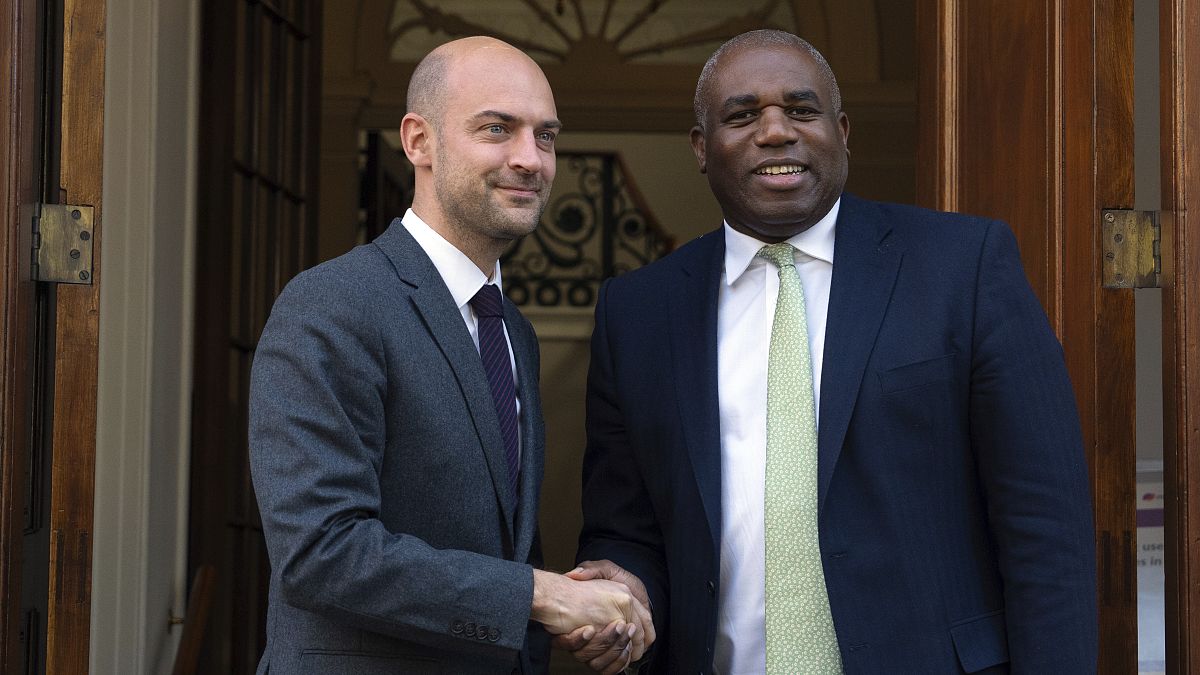Long COVID impacts brain function 2 years after infection – study

A UK study found that the impact of long COVID on people’s cognitive functions was equal to ageing them 10 years.
Two years after being infected with the virus, people who have contracted long COVID can still be affected, a study by British researchers found.
The research, conducted by King’s College London and published in The Lancet, analysed the impact of long COVID on people who never contracted the virus, those who considered themselves completely recovered, and those who felt they were still affected by it.
The study included over 3,000 participants, recruited from the Covid Symptom Studio Biobank via a smartphone app. The participants took part in two rounds of testing through 12 tasks measuring their memory, attention, reasoning, processing speed, and motor control, conducted between 2021 and 2022.
What researchers found is that participants who had been affected by COVID symptoms for 12 weeks or longer (over 3 months) performed worse in these tasks than those who had experienced symptoms for a shorter time.
The impact of long COVID on their brain function, researchers found, was comparable in size to the effect of ageing 10 years.
The impact of long COVID was found to linger with time, as there was no difference in the performance of participants with long COVID between 2021 and 2022 – a nine-month difference. By that point, two years had gone since the participants had been infected with COVID-19 in the first place.
Participants who felt they had made a full recovery from the virus performed similarly to those who had not had the virus at all.
“Our findings suggest that, for people who were living with long-term symptoms after having COVID-19, the effects of the coronavirus on mental processes such as the ability to recall words and shapes are still detectable at an average of almost two years since their initial infection,” said lead author Dr Nathan Cheetham, a senior postdoctoral data scientist at King’s College London.
“However, the result that COVID had no effect on performance in our tests for people who felt fully recovered, even if they’d had symptoms for several months and could be considered as experiencing ‘long COVID’, was good news”.
According to Cheetham, the study shows the need to monitor those whose brain function is most affected by COVID-19, “to see how their cognitive symptoms continue to develop and provide support towards recovery”.
Some 36 million people across the European region may have developed long COVID over the first three years of the pandemic, as Dr. Hans Henri P. Kluge, the World Health Organization’s (WHO) Regional Director for Europe, told reporters in June.
Source: Euro News















